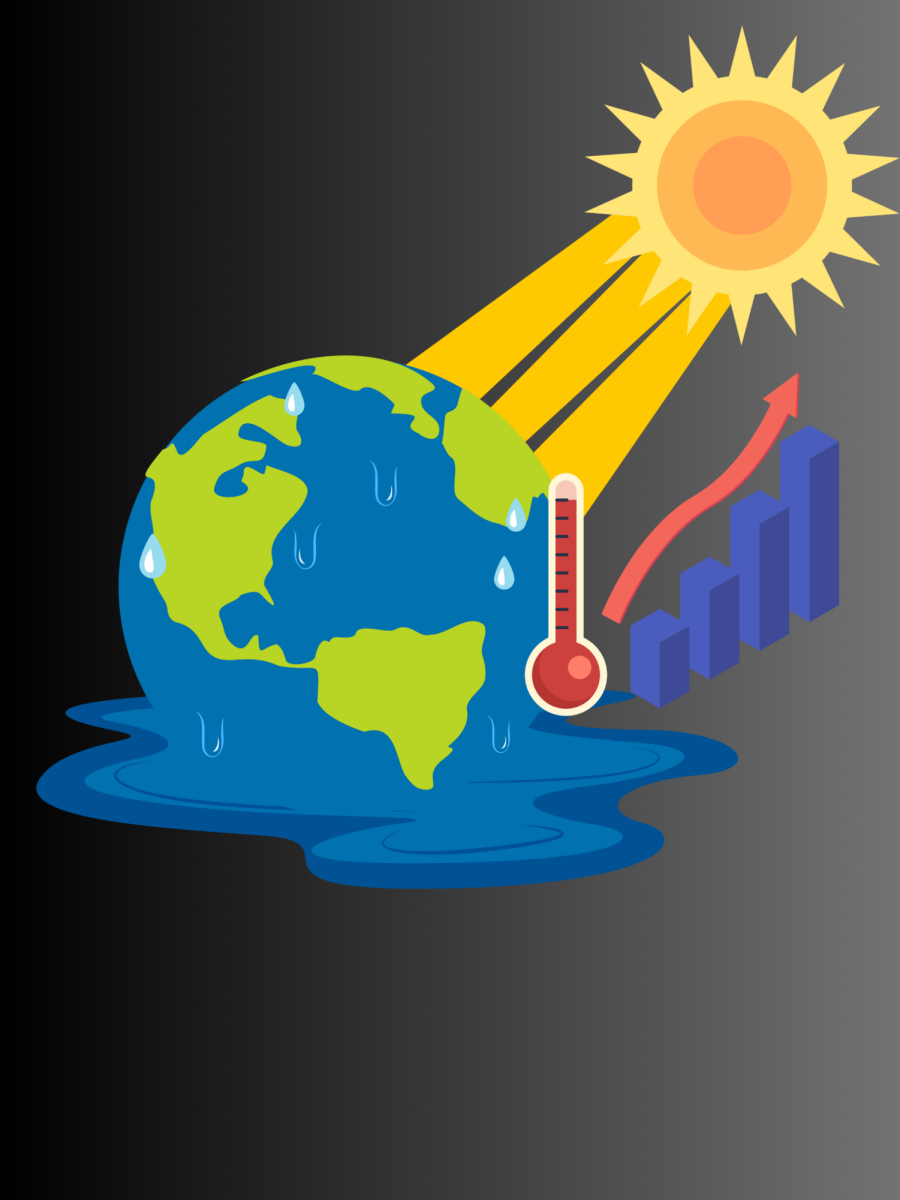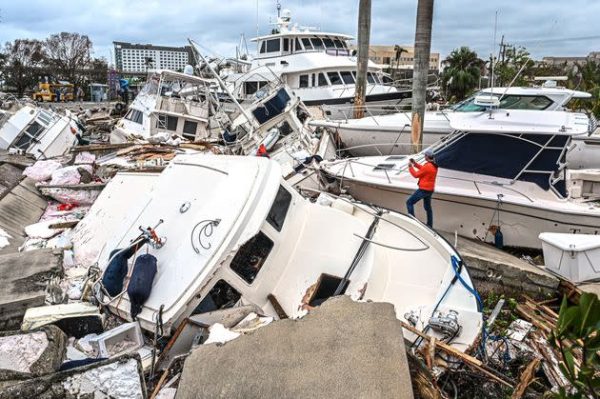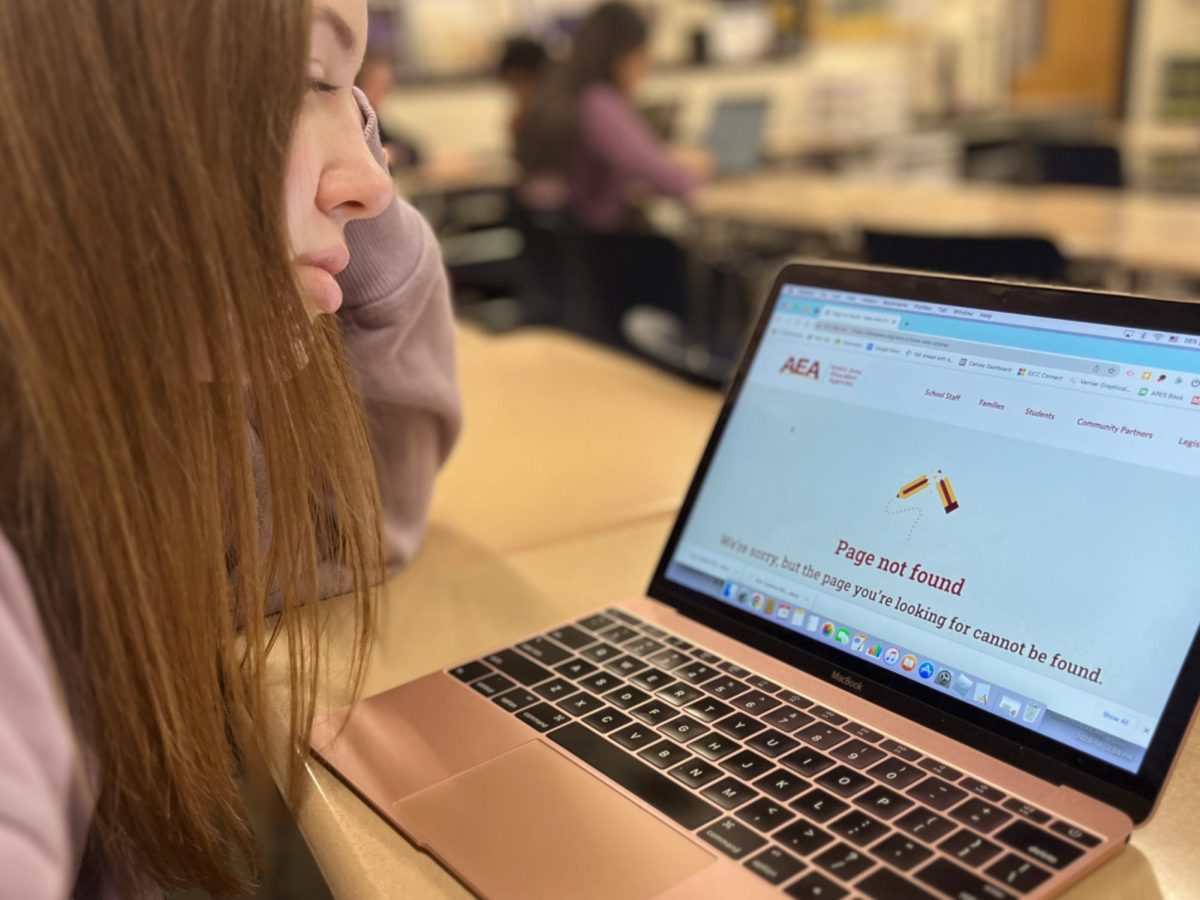Climate change is a growing concern across the world, but recent studies indicate Earth is reaching a point of no return.
In 2015, the Paris Climate Agreement was signed by the 196 parties at the UN Climate Change Conference (COP21) with the goal of limiting global temperature increases to well below 2°C above the pre-industrial temperature. To accomplish this, the agreement aims to limit average temperature increase to 1.5°C above pre-industrial levels.
The Intergovernmental Panel on Climate Change (IPCC) projected that the world can only emit another 500 billion tonnes of carbon and have a 50% chance of keeping global temperatures under the 1.5°C limit. Because yearly emissions are at 40 billion tonnes, the IPCC has estimated Earth will cross the 1.5°C threshold sometime in the next decade.
New studies now indicate that Earth will cross this threshold much sooner. At first, it was estimated the world would break the 1.5°C limit in the mid 2030s. Now, researchers believe there is a possibility Earth will break the limit by 2029.
The 1.5°C limit is crucial because any further temperature increase could lead to catastrophic climate events such as increased droughts, flooding and temperature extremes. If global temperatures increase too much due to trapped greenhouse gasses in the atmosphere, there is a possibility that the damage will be irreversible.
Freshman Om Patel envisioned what effects temperature rises could have on different habitats. “I know a lot of the coral reefs have been lost to increases in temperature, so I can only imagine how much more will be lost if temperatures do not decrease. This is just one example, there are so many other habitats that are threatened by rising temperatures,” he stated.
“From what I have learned, there are certain species that can only live in certain temperature ranges. If global temperatures rise, they will be forced to leave their habitat and spill over into another, creating a whole new problem in the new habitat,” he continued.
Surprisingly, one of the factors contributing to the increase in global temperature is the cleaning up of urban air pollution. Cleaning up city air means decreasing the amount of sooty particles known as aerosols. These aerosols help cool the climate as they reflect sunlight back into space.
Freshman Arush Gunukula was shocked by the benefits of aerosols. “It is hard to think that something lowering the quality of our air is also helping keep our temperatures lower. It sort of puts you at a crossroad. Should the world focus on cleaning up air quality or leaving it as is to fight temperature increases,” he stated.
Now that researchers discovered aerosols’ role in decreasing climate change they predict the world will exceed the 1.5°C limit sooner than expected since the amount of aerosols are decreasing globally. The current emissions rate combined with the decreasing amount of aerosols in the air is creating an even faster rise in global temperatures.
With this sped up timeline, the world will have to achieve net zero emissions by the year 2034 to accomplish the goal of stopping at the 1.5°C limit.
Global leaders are going to attend the COP28 in Dubai from Nov. 30 to Dec. 12 this year to keep the Paris Climate Agreement alive and global temperatures low before the climate crisis reaches a point of no return.



















Molly a • Dec 7, 2023 at 10:59 am
I think this topic is super important. Climate change is a major issue that isn’t getting fixed